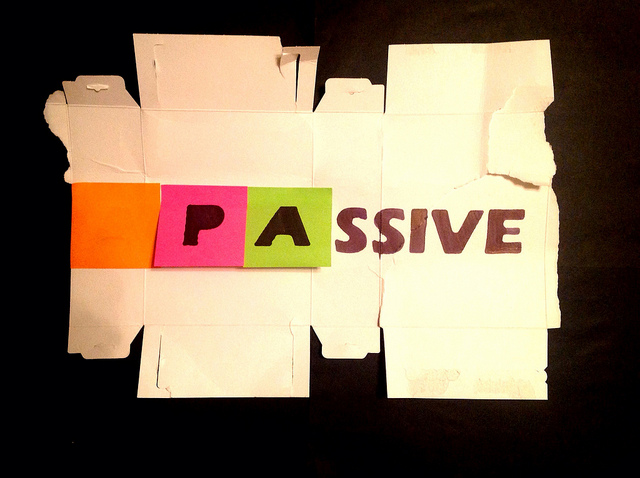As a therapist, I see that the root of many people’s pain is ineffective communication. This tends to happen when people act out, rather than ‘talk out,’ their feelings.
One the most common forms of this kind of behavior is called Passive Aggressive Anger. According to Psychologytoday.com, passive aggressive anger is a deliberate and masked way of expressing covert feelings of anger.
Perhaps you have experienced this yourself in a situation where you felt upset. Yet, rather than sharing your upset through verbal communication, you (consciously or unconsciously) used your behavior, or tone of voice, to express what you were feeling. This can often lead to frustration, as this type of behavior rarely results in a desired outcome.
If you are not the one with passive aggressive anger, then maybe you have witnessed it through an interaction with someone else. A coworker, friend, spouse, or family member may have verbally communicated something, but through observation you notice their words and actions were not aligned. A simple example could be, someone saying “I’m fine,” and then slamming a door right after. This could be considered passive aggressive anger.
Though not all passive aggression is verbal. Other forms of passive aggressive behavior could come in the form of silent treatment, withdrawal, or procrastination.
While you cannot control the way others communicate or behave, you can control yourself.
@terri_cole (Click to Tweet!)
Developing stronger communication skills, at any age, improves your overall quality of life, as you are better able to handle work, home, and social situations.
Gaining clarity about how you feel, what you want, and what you need is the beginning of knowing how to effectively communicate.
The next step is expressing your truth, with no need to justify, defend, or convince. You have to start every interaction with the hope that your needs will be met and a willingness to compromise. A healthy sense of self is directly connected to your ability to communicate what is true and real for you. This sense of self is not dependent on how the other person responds. The most important piece of this behavioral puzzle is you having the courage to honor you. There will always be instances where we do not get our needs met or where we do not fulfill another person’s wants from us, so learning how to gracefully say and receive “no” is also a component of effective communication.
In dealing with other people and passive aggressive anger, there are a couple of options. One, is to create space. Someone acting passive aggressively may or may not know why they are upset. However, if their behavior, words, and/or actions are not aligned it may be that they are having difficulty communicating their feelings. Allowing time and space may help them gain clarity on how they feel, and what they need. Also being mindful about not reacting to a passive aggressive action, will stop fueling the the cycle of dysfunctional communication. It will also require the other person to use words instead of actions to express their feelings.
Also, you can ask questions. Simple inquiries such as “how can I help you,” or “what do you need from me,” may help others begin to recognize why they feel the way they feel, and what they need to feel better. These two small steps may help in building more effective communication in any kind of relationship.
When it comes to creating healthy relationships, communication is key. Openness, honesty and vulnerability are an important part of expressing yourself.
It is not uncommon for communication to feel uncomfortable. Though, as mentioned above the more you can honor yourself and detach from a specific outcome the easier effective communication can become. And the more you are able to authentically communicate the more likely it is that you can cultivate relationships with deep understanding and respect.
In the comments below please share with me where you have expressed or experienced passive aggressive anger. Then tell me how you will use the steps above to practice more effective communication. I look forward to reading what you write, and as always take care of you.
Love Love Love
Terri
Terri Cole is a licensed psychotherapist, transformation coach, and an expert at turning fear into freedom. Sign up for Terri’s weekly Tune Up Tips and follow her on Twitter.












